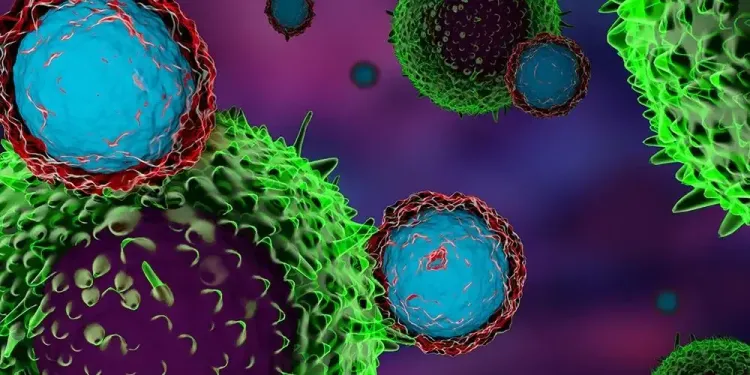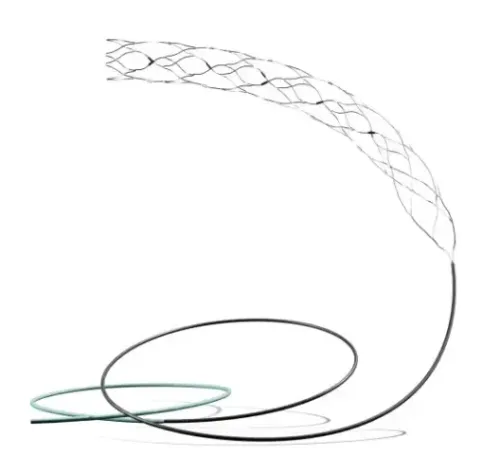Researchers Explore Innovative Antibody to Combat Treatment-Resistant Cancers

Synopsis
Key Takeaways
- IgE antibody may offer new hope for HER2-expressing cancer patients.
- IgE uniquely activates immune cells in the tumor microenvironment.
- The study showed slowed tumor growth in resistant cancer models.
- IgE reprograms immune responses from suppressive to stimulatory.
- Potential for improved treatment options beyond IgG therapies.
New Delhi, March 13 (NationPress) A group of researchers is exploring a novel type of antibody that enhances the immune system's ability to focus on cancer cells and inhibits tumor growth in treatment-resistant breast and ovarian cancers.
The commonly employed antibody treatment, IgG, activates the patient’s immune response against cancer, also referred to as immunotherapy. Although this therapy is increasingly viewed as an alternative to chemotherapy and radiotherapy due to its specific targeting of cancer cells, its effectiveness is not universal, particularly for patients with HER2 breast and ovarian cancers, where resistance can develop.
The research team from King’s College London, UK, has focused on a different antibody type, IgE, which stimulates the immune system through different mechanisms than IgG.
Unlike IgG, IgE antibodies uniquely activate otherwise dormant immune cells in the tumor microenvironment to directly attack cancer cells.
During the study, the team engineered IgE variants of existing IgG treatments and evaluated their capacity to activate immune cells against HER2-expressing cancer cells.
Results showed that IgE effectively directed immune cells towards HER2-expressing cancer cells, resulting in slowed tumor growth in mice, as reported by Dr. Heather Bax from King’s College London.
The tumors grown in mice were identified as resistant to standard treatments, indicating that this innovative therapy could potentially benefit patients who do not respond to current therapies.
Further analysis revealed that IgE antibodies stimulated and reprogrammed the immune microenvironment surrounding the tumors, transitioning from an immunosuppressive state to an immunostimulatory one.
This transformation enabled the immune system to focus on cancer cells and counteract the tumor's attempts to inhibit immune attacks, as detailed in the study published in the Journal for ImmunoTherapy of Cancer (JITC).
“Approximately 20 percent of breast and ovarian cancers express the HER2 marker. By generating anti-HER2 IgE antibodies that are comparable to clinically used IgGs, we demonstrate for the first time that IgEs utilize unique mechanisms to reprogram the immune microenvironment, enabling immune cells to effectively target HER2-expressing cancers, including those resistant to current therapies,” stated Bax, Postdoctoral Research Fellow at St. John’s Institute of Dermatology at King’s.
“Our findings suggest that IgE antibodies could serve as a promising new therapeutic option for patients with HER2-expressing cancer,” Bax concluded.










